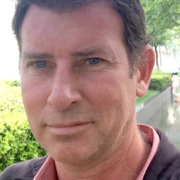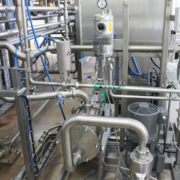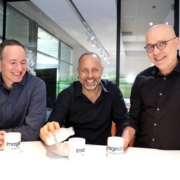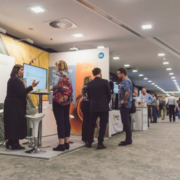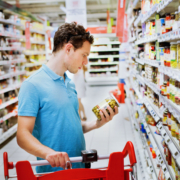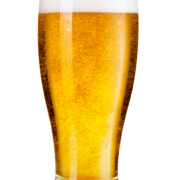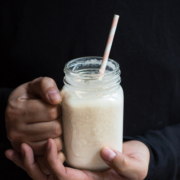Food safety concerns in the EU
The European Food Safety Authority (EFSA) has just released their latest study findings regarding food safety across the European Union. It builds on previous similar surveys in 2010 and 2019. Specifically, the current Euro-barometer survey aims to gauge Europeans’ perceptions of and attitudes towards food safety by exploring various themes, such as their interest in […]

